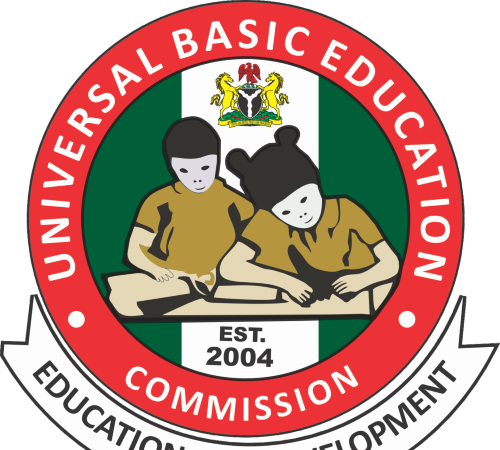
Chidimma Uchegbu
The Federal Government has commenced the implementation of the Universal Basic Education (UBE) Effective Schools Programme in designated 111 schools across the federation.
Executive Secretary of UBEC, Dr Hamid Bobboyi announced the take-off of the Schools on Monday in Abuja, at a one-day meeting between UBEC, States Universal Basic Education Boards (SUBEBs) Coordinating Directors and Head Teachers of UBE Effective Schools.
Bobboyi who was represented by the Deputy Executive Secretary, Professor Bala Zakari (Technical), noted that Effective Schools were established as part of efforts of the Commission to address the twin challenges of learning crisis and out-of-school children, while also providing Nigerian children at the basic level of education with the tools they need for better learning outcomes and 21st century knowledge acquisition.
He expressed the commitment of UBEC to providing a conducive environment for Nigeria’s school-aged population to acquire functional basic education, noting that Effective Schools would enhance the efficiency of UBE delivery by ensuring that minimum standards are attained and maintained in all educational programmes.
According to him, the Effective School Programme was designed to progressively improve the resources and routines of teaching and learning towards optimizing the potentials of both teachers and learners within the school system.
The UBEC boss added that after a robust engagement with stakeholders, the Commission started the process of actualizing the initiative as a pilot in three schools in each State and the FCT, “thus ushering in a new perspective and practice in learning across 111 schools that were previously designated as UBEC E-learning centers”.
“I am pleased to inform you that we have made significant strides in this direction including the procurement and distribution of instructional materials to all the 111 Effective Schools, provision of tablets and installation of Satellite-Based learning equipment, training of head teachers and teachers in ICT pedagogy, among others.
“These efforts have proved to be very rewarding in laying a solid foundation for the commencement of the implementation of the ESP initiative,” he stated.
Bobboyi noted that the success of the Effective Schools Programme was dependent on the concerted efforts of all stakeholders especially the head teachers, who are the main implementers of the initiative and as the custodian of the curricula and administrative authority at the school level.
He, therefore, charged the head teachers to transform the ESP ideals into functional day-to-day activities within the school environment.
He implored the participants to make the best use of the interactive programme in familiarizing themselves with the key features of the ESP and renewing their commitment to adopting improved methods in leading and providing direction to other teachers towards ensuring the success of the ESP in various institutions.
“Further effort in this regard is the commencement of the capacity building of head teachers especially in digital pedagogy as we prepare them to lead students in accessing the tools they need for better learning outcomes and 21st century knowledge acquisition,” he stated.
Director, Social Mobilisation, UBEC, Dr. Ossom Ossom, earlier in his welcome remark, underscored the importance of head teachers in the success of the UBE Effective Schools Programme while also reminding them of the onerous task ahead.

Join the Conversation